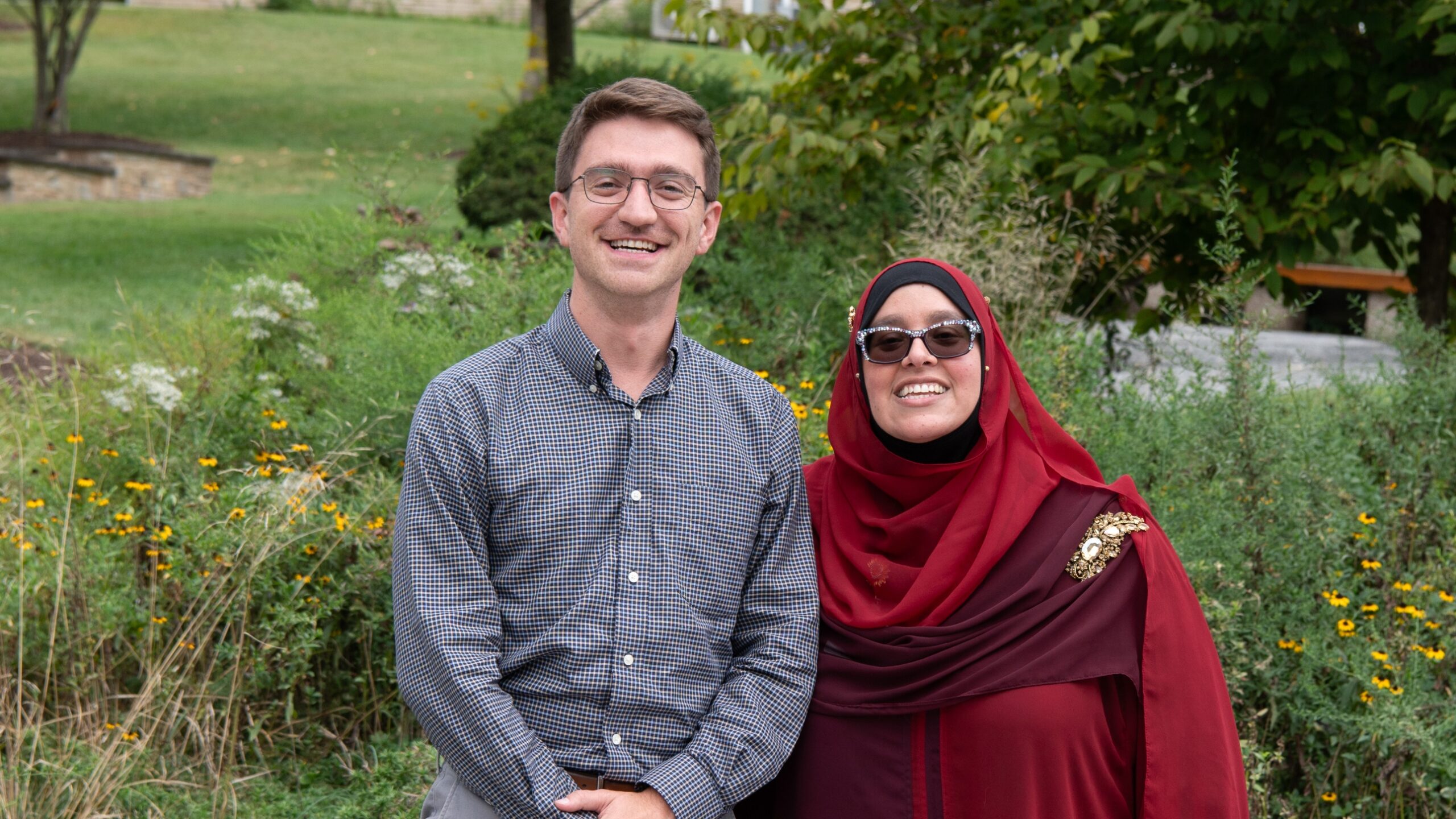
The horrific Oct. 7 attack on Israel and the ongoing humanitarian catastrophe in Gaza have left both many wondering whether interreligious dialogue is still possible. Schools in particular sought guidance to help teachers and staff talk about these issues amongst themselves, and with students and parents.
One of the first to reach out was Friends School of Baltimore. It was one for four Baltimore-area high schools, as well as two universities and several other organizations, that ask ICJS to conduct facilitated dialogues around Israel and Gaza.
Travis Henschen, the Friends School dean of students, said he knew ICJS would be a valuable resource based on his experience as an alum of the Teachers Fellowship. He noted that ICJS’ process of facilitating dialogue was highly collaborative and meshed well with the Friends School’s Quaker values and its mission that sees education as a process of seeking truth “that relies on both inward reflection and outward connection with others, especially across lines of difference.”
”I think that went a long way toward developing some initial trust and disarming faculties’ concerns about what to do, as well as some paralysis around how to engage in conversations,” he said.
Rasha El-Haggan, the assistant head for academics, said that parents were extremely concerned about how the school would support students during this difficult time. But she realized that before she convened students for any kind of a discussion, she needed to first support the faculty.
“Faculty were incredibly confused on how to navigate this,” she said.
She said she found that the language from the workshop about the concept of dialogue versus debate was particularly helpful in her interactions with faculty. “I’m not exaggerating, I’ve used this so many times,” she said.
She drew on that distinction between dialogue and debate in a presentation to the Friends School’s board of trustees in which she explained that In dialogue, unlike in debate, one does not try to prevail in an argument.
“I told them that I’ve learned to define dialogue as two people having irreconcilable differences, but hearing each other. Me being able to repeat that person’s point back to them, and them saying, ‘Yes, that’s what I said,’ ” she said. “And when I said that, people were actually moved.”